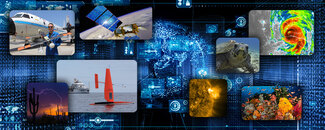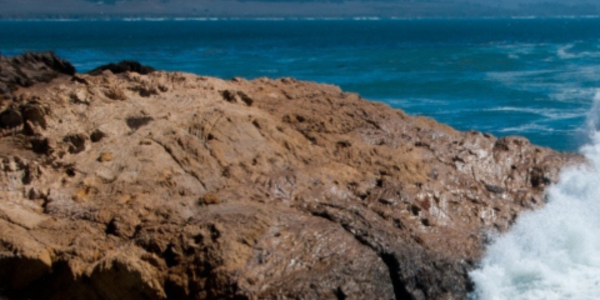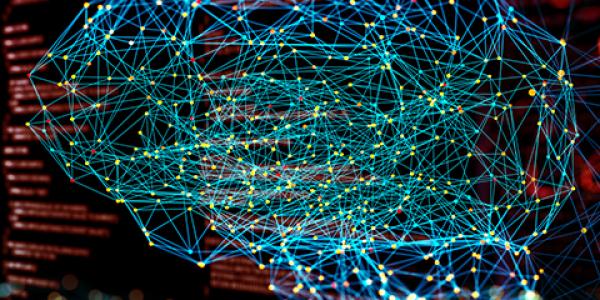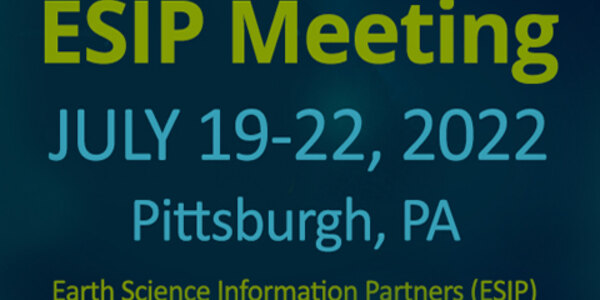Artificial intelligence continues to make inroads in NOAA science

The 4th NOAA AI Workshop takes a stronger focus on finding practical scientific ways to use artificial intelligence. From September 6–9, the meeting will become a virtual lab for actively developing AI-powered applications and standards for broader use.
The online workshop, part of the NOAA series “Leveraging AI in Environmental Sciences,” encourages collaborations and team-building. Developers, data scientists, domain experts, social scientists, and downstream users will work in small teams to tackle different use cases. Scenarios will revolve around three themes that are relevant to NOAA’s Science & Technology Mission Areas: fire weather and impacts, AI for ocean conservation, and interoperable digital twin Earth—an electronic simulation of the planet and its systems. The meeting also includes plenary sessions and an “ideas palooza” to encourage creative thinking.
NOAA AI Workshop Highlights
Tuesday–Friday, September 6–9 (All Times in Mountain Time)
As well as hands-on work, four plenary sessions will cover the themes of the workshop: Emerging Technologies for Environmental Sciences, AI for Ocean Science and Conservation, Building Fire-Ready Communities, and Ethical and Responsible AI.
Notable speakers include: Sarah Kapnick, NOAA Chief Scientist; Ko Barrett, NOAA Senior Advisor for Climate; Stephen Belcher, UK Met Office Chief Scientist; Nadine Alameh, CEO of Open Geospatial Consortium; Peter Dueben, European Center for Medium-Range Weather Forecasting; and Jacqueline Le Moigne, NASA.
AI Making Inroads
AI has made inroads within NOAA. The NOAA Center for Artificial Intelligence (NCAI), established in 2021, has supported the use of AI and machine learning within a growing community of practice.
AI has the potential to improve efficiencies in scientific research and automate processes and tasks that humans have typically done. For example, AI has been incorporated in projects such as:
- A rip current forecast model
- Detection and identification of marine mammal calls
- Monitoring underwater sound within the National Marine Sanctuary system
Previous workshops have covered subjects that support the expansion of AI’s adoption. Recordings from the 2021 NOAA AI Workshop are available online.




